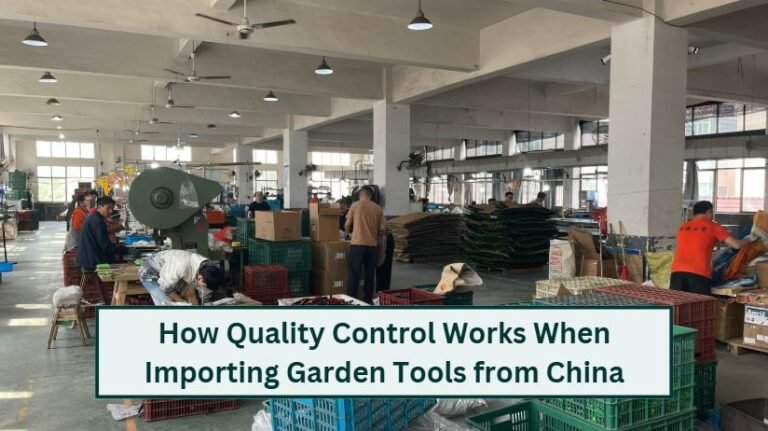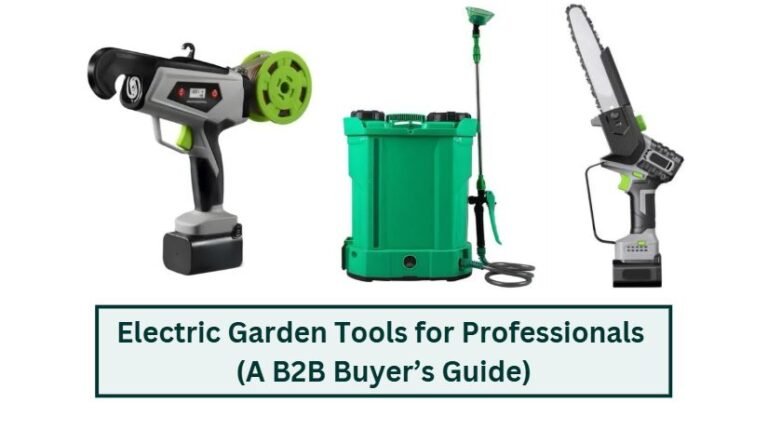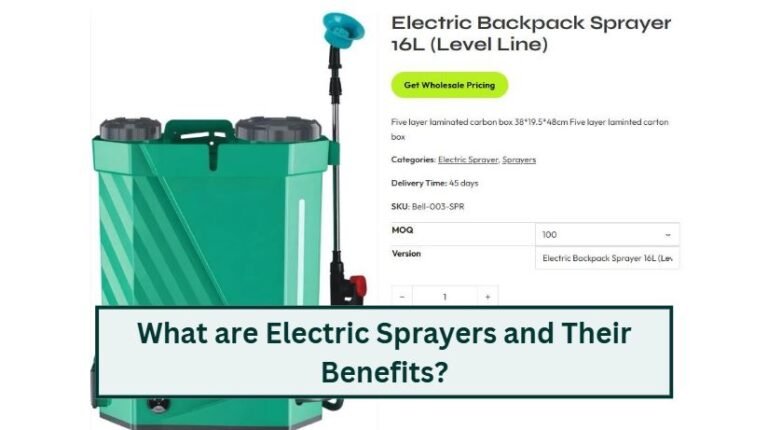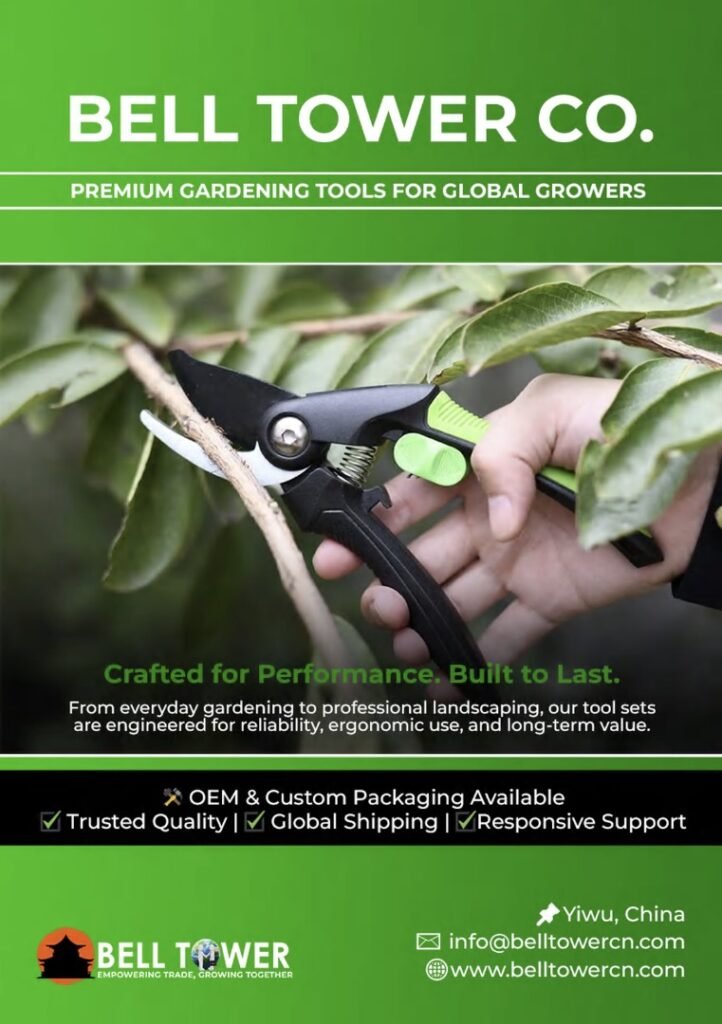The gardening market is shifting toward sustainability. Eco-friendly gardening tools are now a category buyers actively seek out, especially homeowners, hobby gardeners, and urban gardeners who want to align what they buy with how they live.
For wholesalers, retailers, and private-label brands, this is exactly the moment when early adoption creates advantage: The shelf space you claim today turns into long-term category positioning down the line.
Let’s break down why eco-friendly gardening tools are rising, what counts as “Eco-friendly” in practical terms, how to approach sourcing and stocking, and more.
What Makes a Gardening Tool Eco-Friendly?
Different buyers look for different attributes; eco-friendly tools tend to appeal to a good portion of the market. Here’s why:
- Made from natural, renewable, or recycled materials (wood, bamboo, recycled metals, repurposed industrial plastic)
- Built for long service life (less waste, lower replacement frequency)
- Designed for repair, not disposal
- Minimal packaging and simple supply chain footprint
- End-of-life accountability (recyclable or biodegradable components)
For Business-to-business, an important part here is durability. Consumers don’t just want sustainability anymore; they want sustainable products that last. This means fewer product complaints, lower return rates, and better long-term brand sentiment.
Why Eco-Friendly Tools Are a Fast-Growth Category
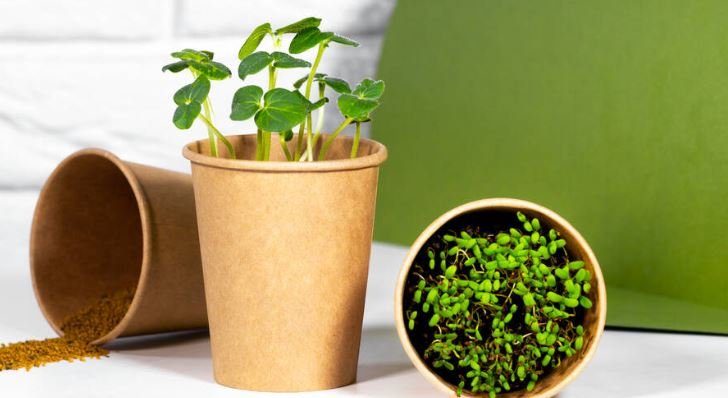
Here are the three prominent reasons for the increasing demand for eco-friendly gardening products:
Lifestyle alignment: Gardening is increasingly tied to “Intentional living”; many people value and prefer tools that feel responsible, not mass-produced
Consumer trust advantage: Eco-friendly products carry a built-in perception boost; retailers stocking them often find organic brand lift without having to spend extra on marketing
Positioning advantage: It’s a great time to position your store as the “Sustainable supplier” and make yourself the go-to choice in this category
In short, focusing on eco-friendly gardening tools isn’t just ethically great, it’s also a powerful commercial strategy.
Types of Eco-Friendly Gardening Tools to Consider Stocking
1. Hand Tools
These are the entry-level tools that sell fast and offer less sales resistance. Examples include:
- Trowels and spades with wooden or bamboo handles
- Hand forks and weeders made from recycled metals
- Compostable garden ties and markers
The standout benefit of stocking these? High-volume potential. They’re excellent for starter kits, seasonal rotations, and bundle offers.
2. Watering Tools
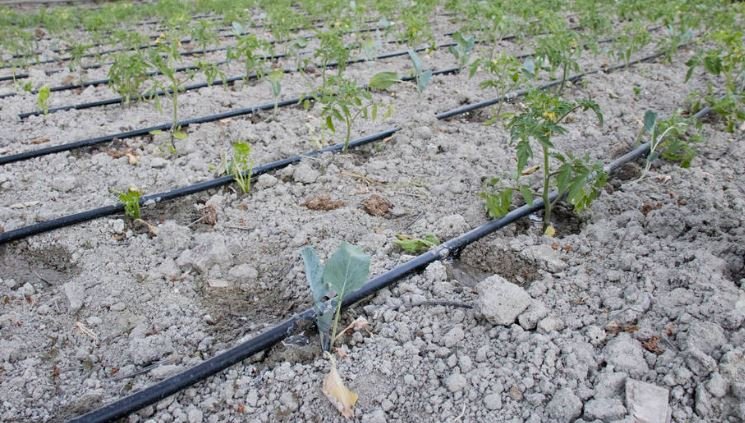
Watering tools are a growing micro-niche within the eco category. These include:
- Metal watering cans (recycled steel or lightweight alloy)
- Drip-style irrigation options that reduce water usage
- Rain catcher attachments or eco water storage
Environment-friendly watering tools are ideal for wholesalers and display-based retail because they’re visually appealing and have high perceived value.
3. Eco Power & Maintenance Tools
Power and maintenance tools in the eco category are the ones that can drive long-term growth for your business. Here are some examples:
- Manual reel mowers (no fuel, minimal maintenance)
- Electric/rechargeable hand tools
- Small solar accessories (lights, water features, micro-irrigation)
4. Composting & Soil Tools
This is another fast-growing category of gardening tools that fit well under the eco-friendly tools umbrella. Some examples are:
- Manual aerators
- Small compost bins made from repurposed materials
- Worm farming starter kits
These tools can serve as an entry point for upsells. Market them to people who’re gardening more than casually; they often eventually need soil health tools.
We have a range of gardening tools at Bell Tower, from hand-held tools to heavy-duty ones like aerators. Check them out here.
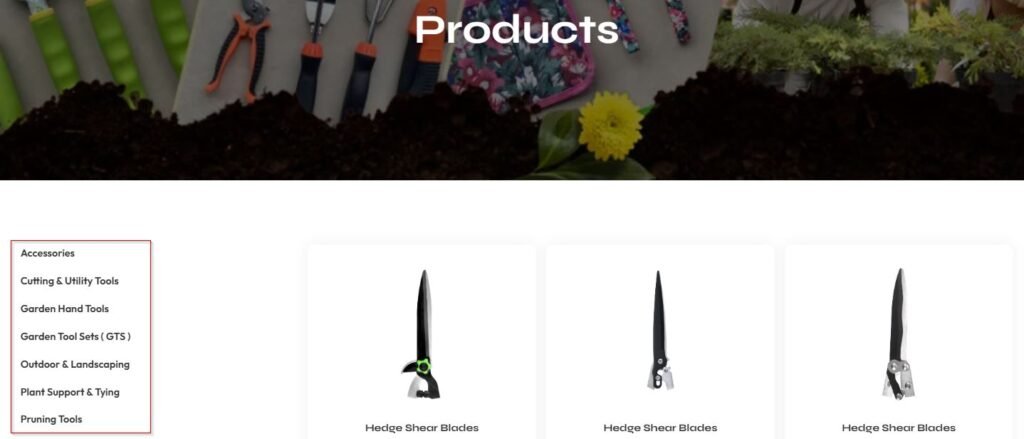
Commercial Advantages: Eco vs Conventional Tools
| Factor | Conventional Tools | Eco Friendly Tools | Why It Matters for B2B |
| Shelf Appeal | Functional | Functional + Values-Based | Higher emotional buy-in |
| Perceived Value | Commodity | Lifestyle Product | Easier to premium-position |
| Brand Trust | Neutral | Positive association | Repeat customers |
| Differentiation | Low | High | Helps positioning |
| Return Rate | Moderate | Low (durability-based) | Better margins |
How to Choose Which Tools to Stock (B2B Perspective)
When choosing a supplier or store, think in terms of product viability, not just material type. Here are the factors:
| Consideration | Why It Matters |
| Durability | Protects your return rate |
| Material story | Simple stories sell easily online |
| Supply continuity | Needed for repeat orders |
| Packaging | Affects both shelf appeal and unboxing |
| Repair-friendliness | Adds perceived lifetime value |
For private label, “Design flexibility” also matters. Clean, minimal designs are easier to brand without redesigning the product.
Why Private Label Works Extremely Well in This Niche
Eco-friendly gardening tools come with a built-in brand narrative: Intentional living and responsibility. That means when you add your branding to an eco-friendly gardening product, you inherit the positive sentiment without needing a major investment.
Here’s a quick overview of why private label is a perfect niche for this category:
- Shorter positioning curve
- Less price resistance compared to generic tools
- Strong repeat-purchase potential through product families
Final Tips for Expanding or Testing the Category
You don’t have to roll out 20 SKUs on day one; a small product line can outperform a wide unfocused one. Start with:
- 3–5 hero hand tools
- One watering option
- One entry composting/soil tool
- One lightweight eco power tool
This creates a full “narrative” line without inventory overload.
Questions You Might Have

What are Eco-Friendly Garden Tools?
These tools are made from recycled materials and are designed to reduce environmental impact. They prefer responsible manufacturing and repairability, helping gardeners work efficiently without contributing to landfill waste.
What are the Most Useful Eco-Friendly Garden Tools?
Some of the most eco-friendly garden tools include bamboo-handled trowels, recycled metal spades, compostable plant ties, and manual weeders. Rain-saving watering tools and reel mowers are also practical and fit both commercial and hobby gardeners.
Are Eco-Friendly Gardening Tools as Durable as Traditional Tools?
In some cases, eco-friendly gardening tools are more durable because they use high-quality hardwoods, bamboo, and recycled metal. They’re long-lasting, which reduces replacement cycles and improves customer satisfaction.
Conclusion
Eco-friendly tools are still in the early growth stage of the market, which means it’s the perfect time for you to jump in.
Early adoption in this field means you can easily get ahead of the competition and place your brand in this sustainable category for the long term.
Once your customers trust you as an “Eco-friendly supplier”, they’ll likely stick to your brand. In other words, the category is expanding, but the window for early leadership doesn’t stay open forever.

